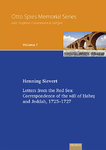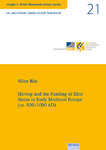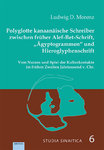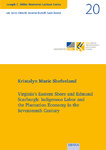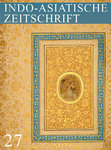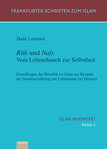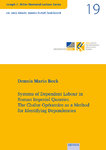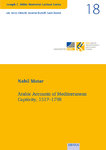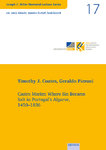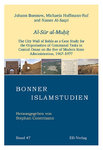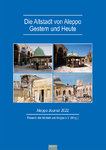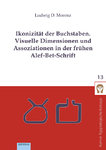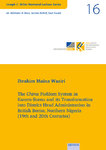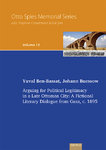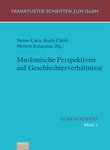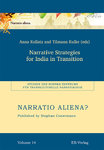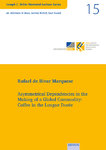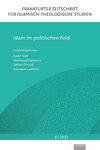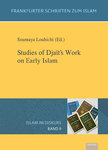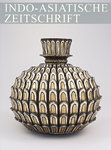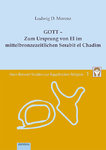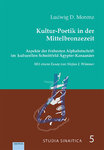- ISLAMWISSENSCHAFT
- ISLAMISCHE_STUDIEN
- JOSEPH C. MILLER MEMORIAL LECTURES SERIES
- ASIENWISSENSCHAFT
- ARCHÄOLOGIE ALS KULTURWISSENSCHAFT
- RELIGIONSWISSENSCHAFT
- RELIGIONSPÄDAGOGIK
- GESELLSCHAFT UND KIRCHE
- KIRCHE UND GEMEINDE
- GESUNDHEIT UND KRANKHEIT
- KINDERGARTENPÄDAGOGIK
- OPEN_ACCESS
- Neuerscheinungen
- In Vorbereitung
- News
- EBook
- Einzelkataloge
Categories ISLAMWISSENSCHAFT Reihe: Bonner islamwiss. Hefte (BiH) Heft 42: Animal Welfare in Ḥalāl Market Standards
Heft 42: Animal Welfare in Ḥalāl Market Standards
Product no.: ISBN 978-3-86893-275-1
In stock
can be shipped within 3 days
The quality of life for animals that are raised to produce food with animal origins begins with their living conditions, continues with their physical and mental health during their life, and ends with their death at an abattoir. Animal slaughter is an unavoidable step in producing meat. One minute there is livestock and in the next there is deadstock. The pre-slaughtering and slaughtering process causes pain, distress, fear, and other forms of suffering to the animal. Standards therefore have great importance in guaranteeing the most humane way of killing an animal.
In relation to the life of the animal, the slaughtering process, the use of food with animal origins and the topic of food in general, Islamic teachings provide a number of broad, holistic guidelines and rules. There are strict regulations determining what Muslims are permitted to eat, as well as how to produce and consume food in an ethical manner. The topic of safeguarding the interest and the welfare of animal find also great importance in the Islamic sources.
This work is examining ḥalāl market standards in relation to principles and rules concerned with the welfare of animals that are used for the production of food. Although animal welfare rules are subject to these ḥalāl market standards, the regulations are shaped by an anthropocentric handling of animal rights. The standards cover selective aspects of veterinary and human medicine. Though the standards give high priority to Islamic legal considerations, ethical considerations are neglected where the topic of ḥalāl food is concerned.
Isabel Schatzschneider is a researcher in animal welfare, food ethics, environmental ethics, legal studies and Islamic Ethics. She has studied Philosophy, Near Middle Easter Politics and Islamic Studies (SOAS, London / Ludwig-Maximilians-University, Munich). She has written a number of articles covering areas such as Islamic law and theology, ethics, food and environmental ethics, animal welfare, animal rights activism in the Maghreb and on the global halal food market.



